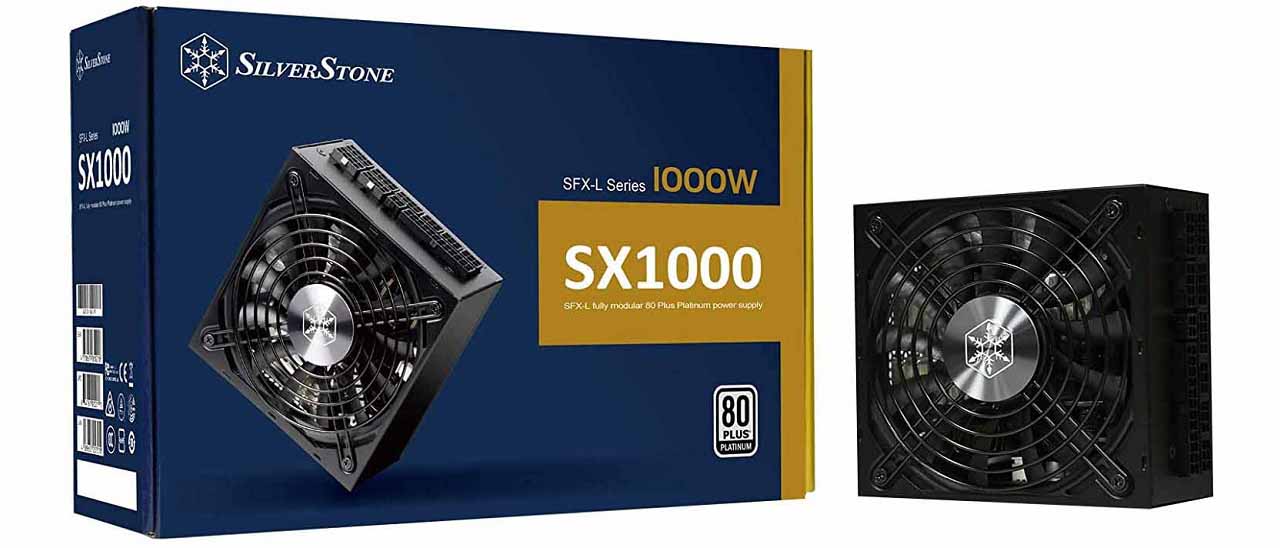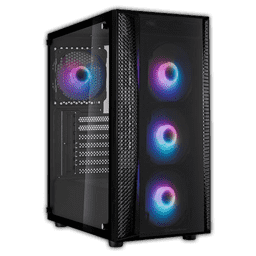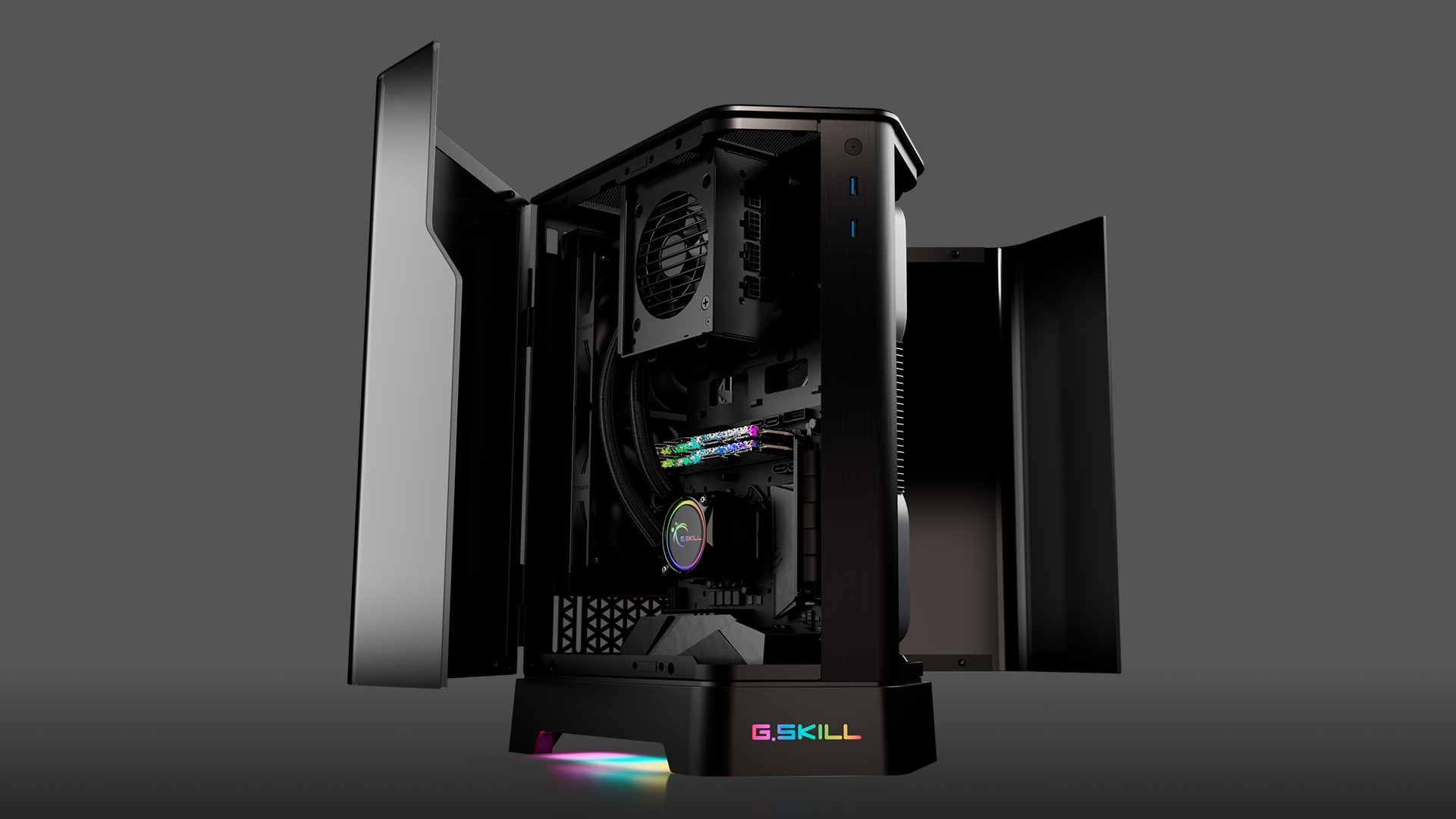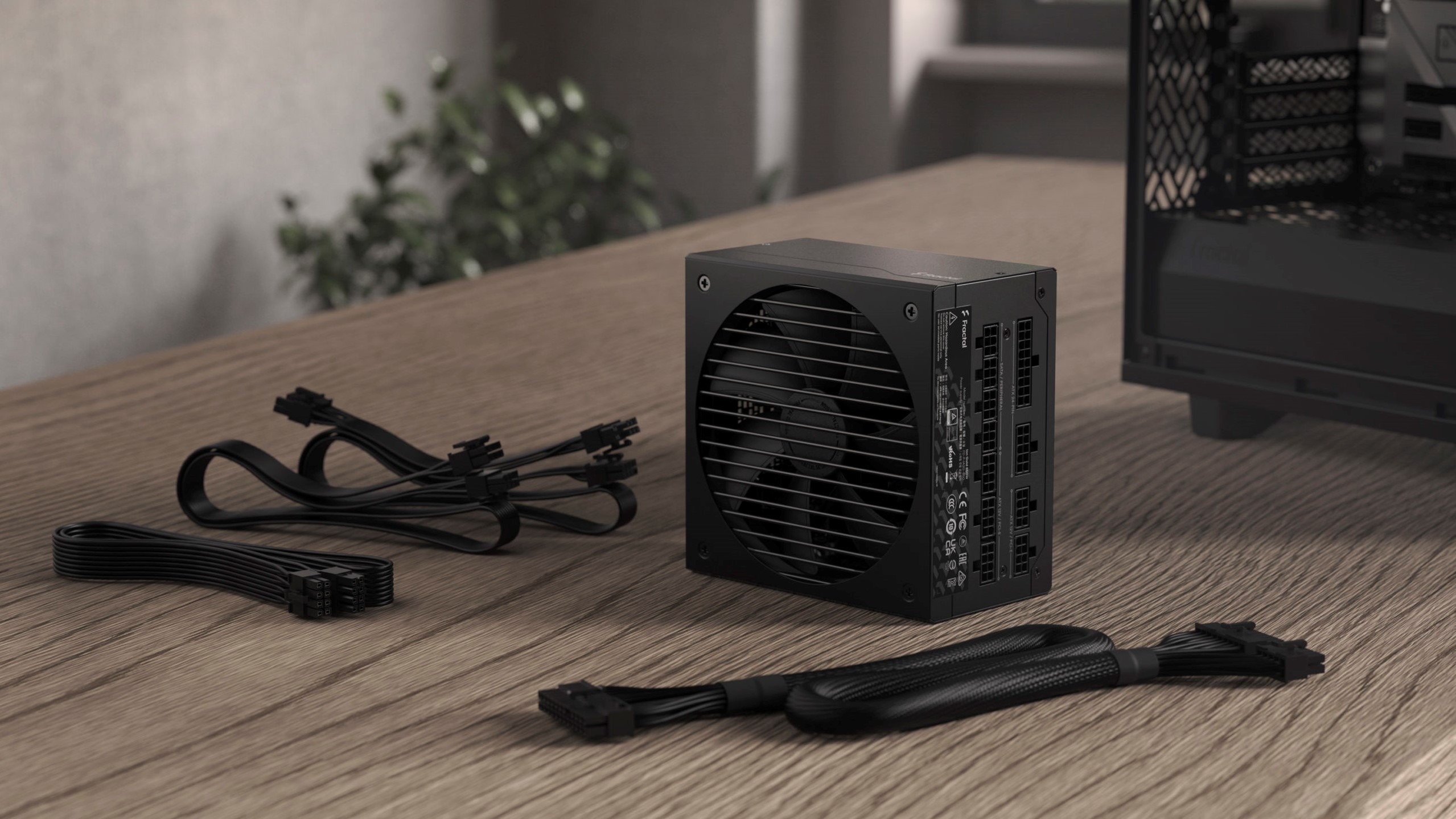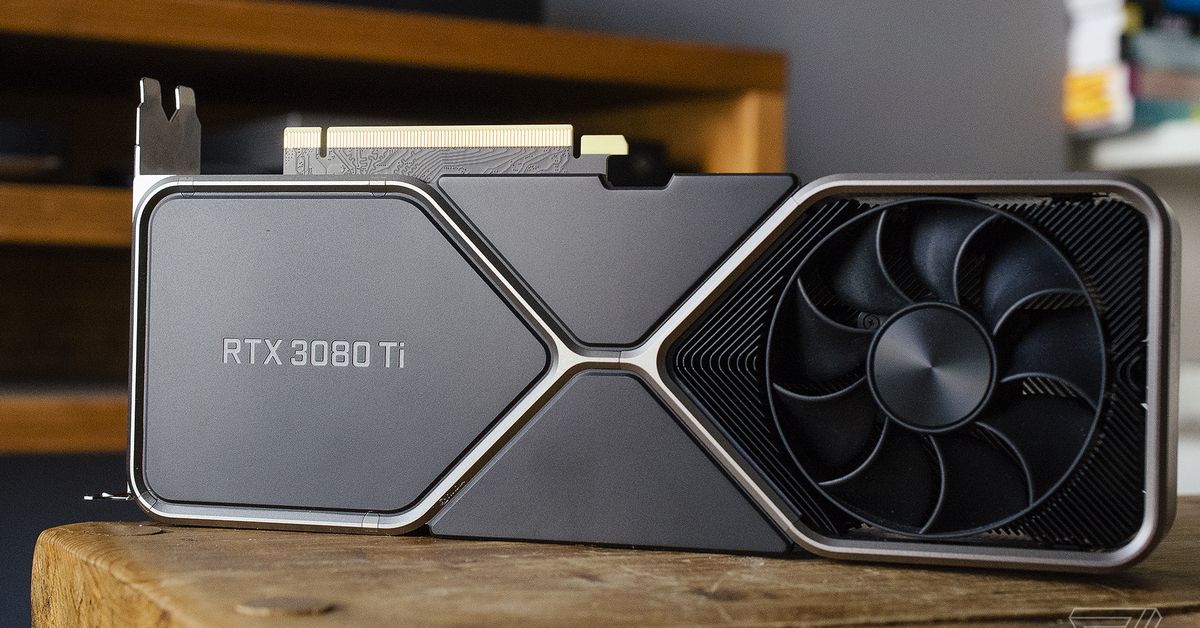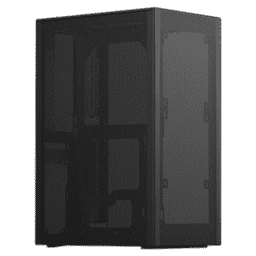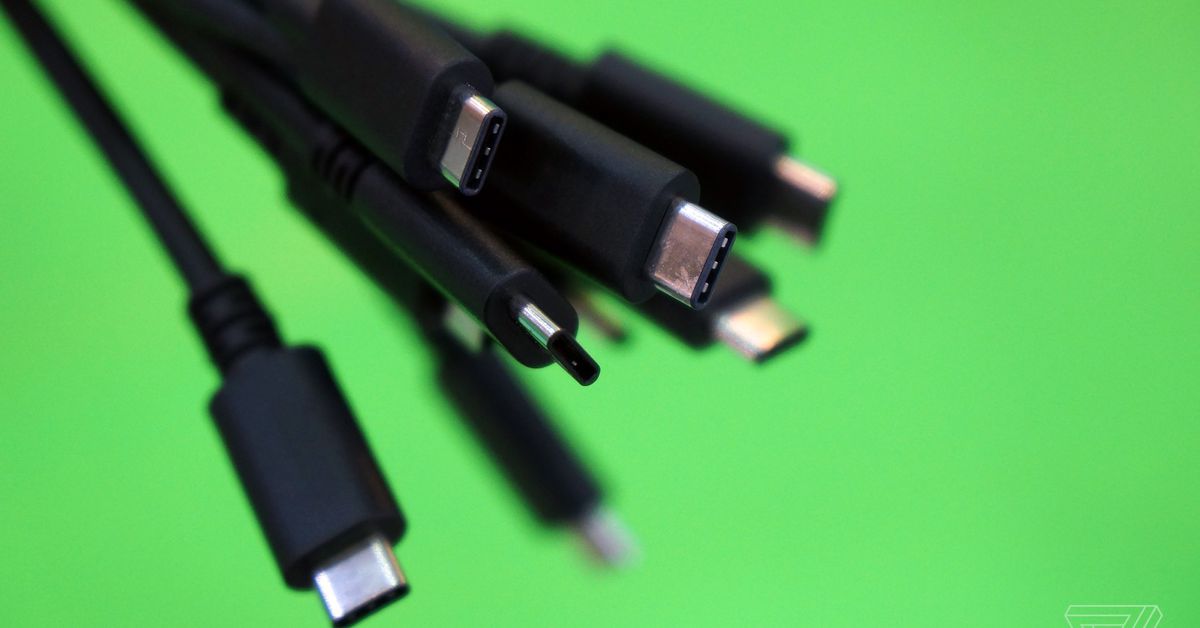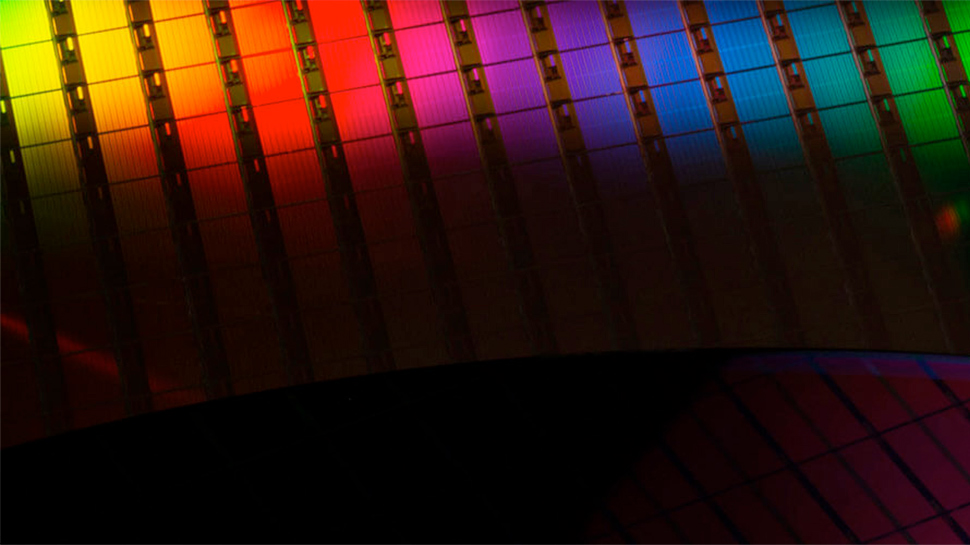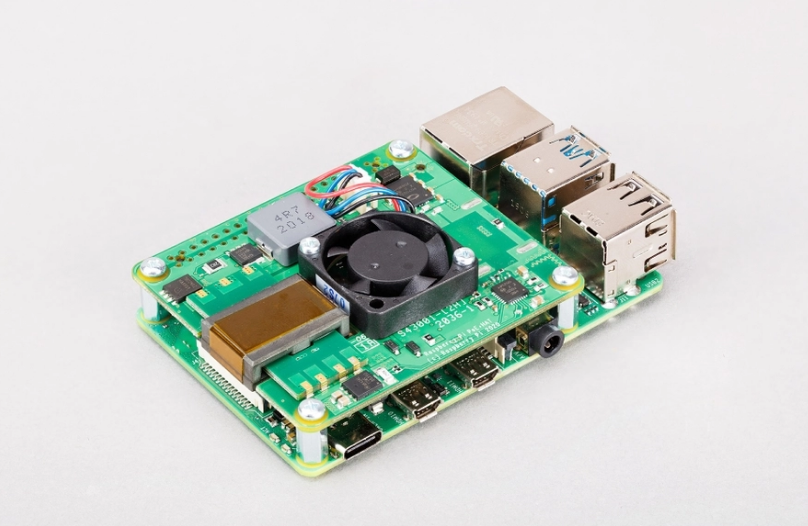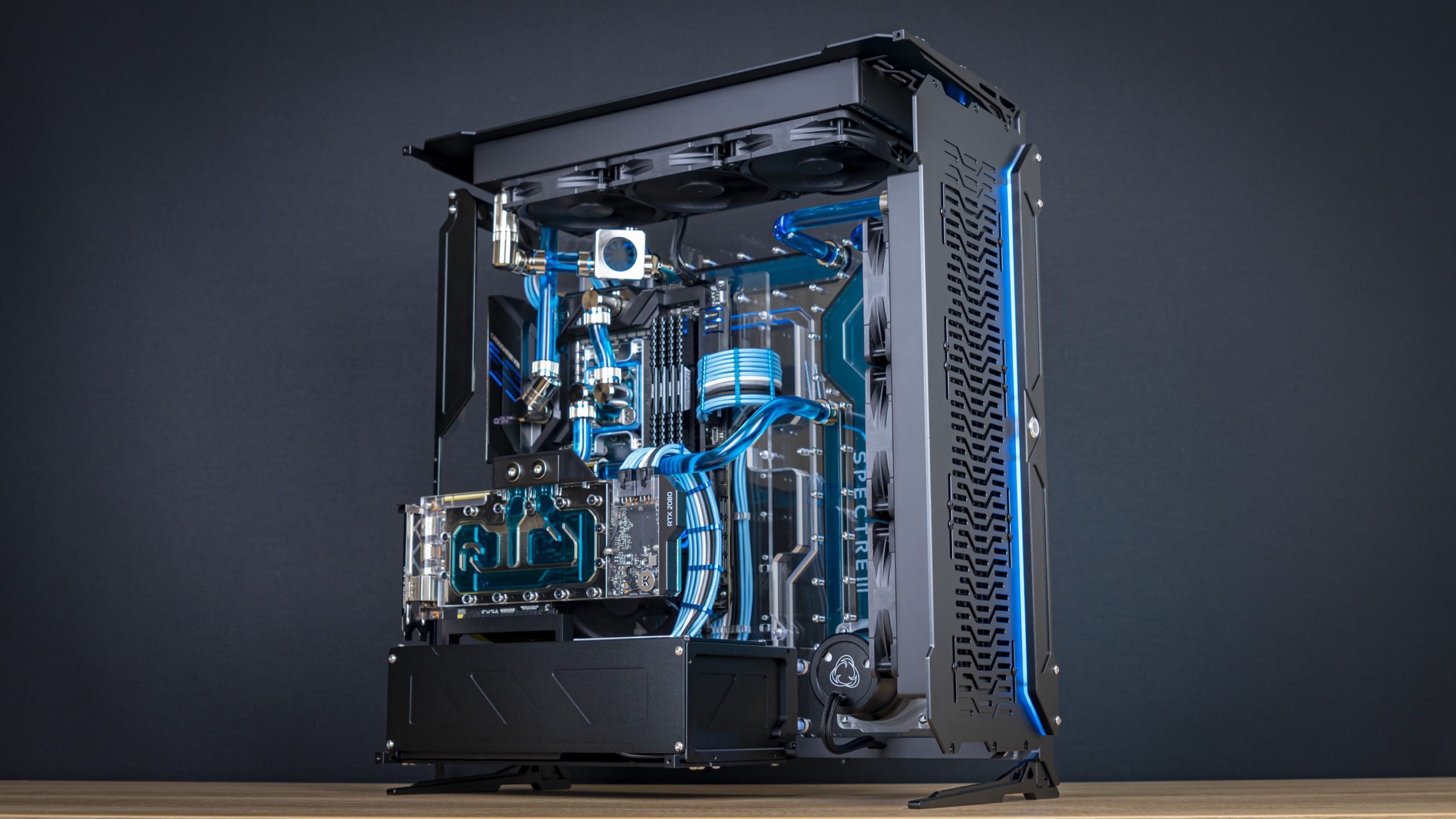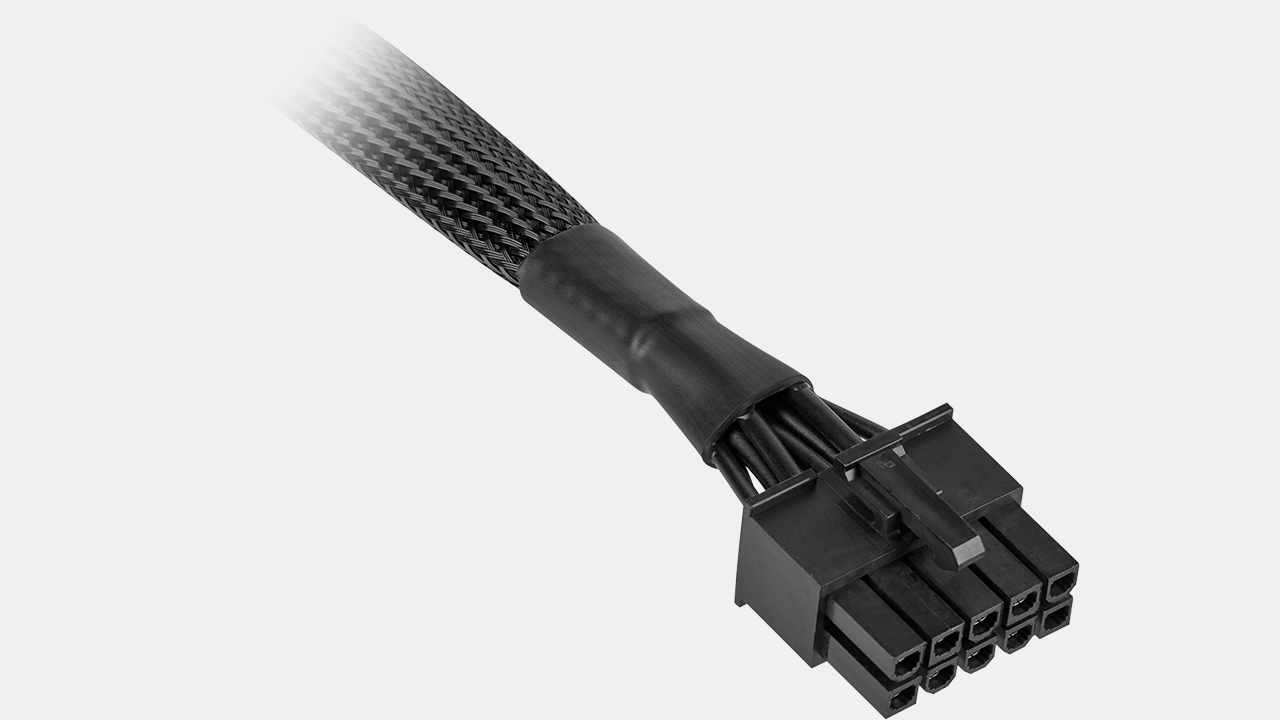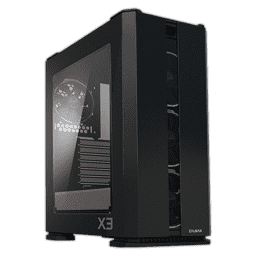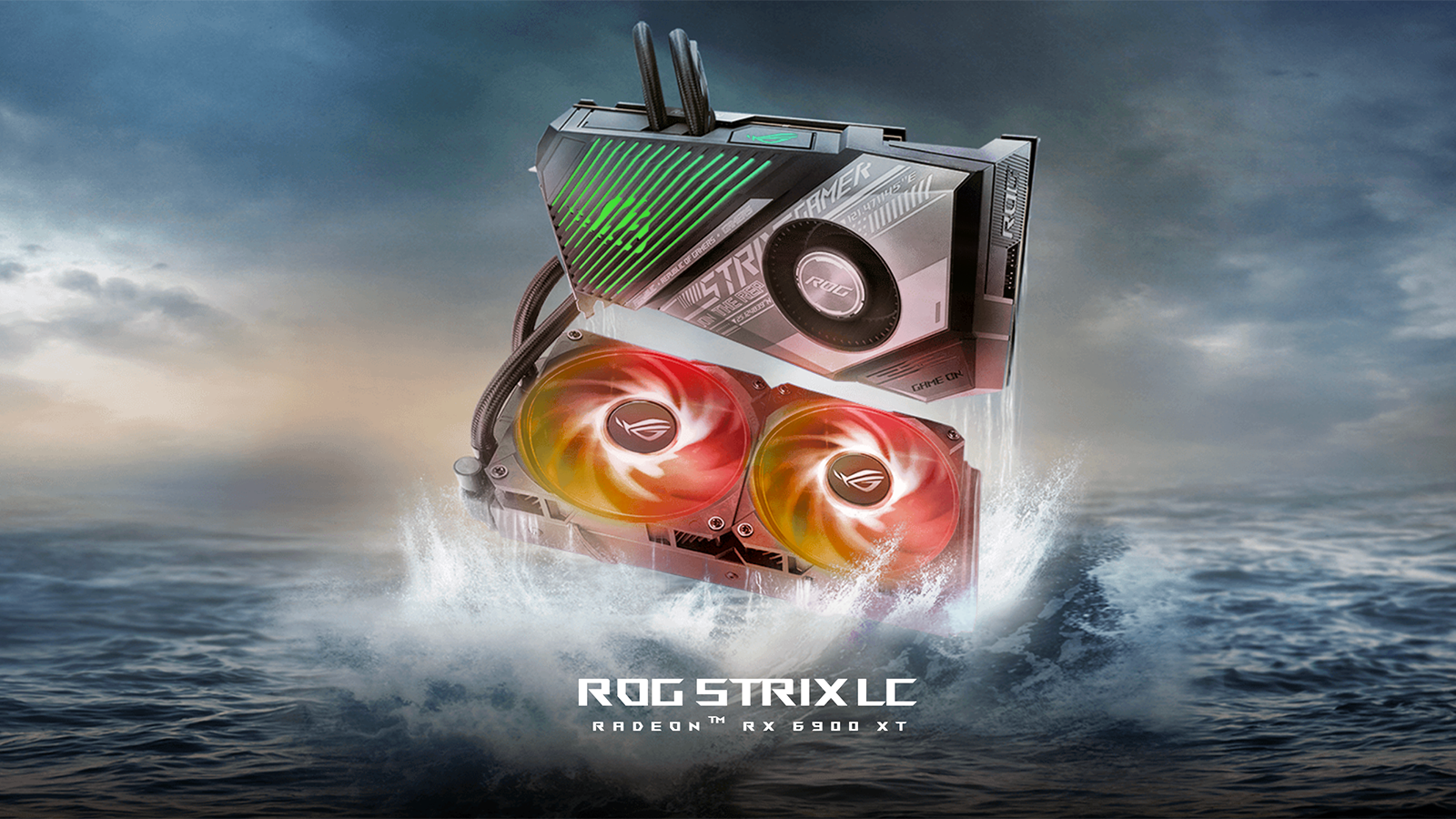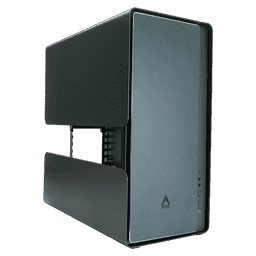Our Verdict
The SilverStone SX1000 is the strongest small-form factor PSU available in the market today. It offers high efficiency and good performance, keeping its noise output low under normal operating conditions.
For
- + Full power at 47 degrees Celsius
- + Extremely high power density
- + High build quality
- + Efficient platform
- + Highly efficient 5VSB rail
- + Good transient response
- + Tight enough load regulation at 12V
- + Long hold-up time
- + Low inrush currents
- + 2x EPS and 6x PCIe connectors
- + Fully modular
Against
- – Expensive
- – No OTP
- – High turn-on 5VSB voltage
- – Low efficiency at light loads
- – Long Power-On time (>150ms)
- – PF could be higher with 230V
- – Noisy under high loads
Specifications and Part Analysis
The SilverStone SX1000 is the only one of its kind so far, so it easily takes the crown in the high capacity SFX-L category, and will be included in our best PSU picks article. If you need a super-strong yet compact power supply, you should definitely take a good look at the SX1000. It can easily support a strong gaming system without any compromises, and as long as you keep the load below 700W, its noise output won’t bother you unless you are super sensitive. The only, major, downside is the high price, which in the US market exceeds 300 dollars.
Silverstone recently introduced its SX PSU line, consisting of two SFX-L units with 750W and 1000W capacity. It is impressive to see a compact dimensions PSU deliver so much power. The SX1000 has 969W-per-liter power density, which is among the highest we have seen so far. To make sure that it can deliver its full power without any problems, Silverstone equipped it with two EPS and six PCIe connectors. Thankfully, all cables are fully modular, so you will be able to use only the ones you need.
Image 1 of 12
Product Photos
Image 2 of 12
Image 3 of 12
Image 4 of 12
Image 5 of 12
Image 6 of 12
Image 7 of 12
Image 8 of 12
Image 9 of 12
Image 10 of 12
Image 11 of 12
Image 12 of 12
Because of the high power density the temperatures at the internals will be high, so Silverstone decided to go with a double ball-bearing fan, which might be noisier than a similar spec FDB fan, but it is able to withstand much higher operating temperatures, without sweating. Besides capacitors, the cooling fan is among the most important parts inside a power supply, so you should pay great attention to its quality. If the fan fails early, the PSU will get high stress and it can even fail, if there is no over temperature protection.
Image 1 of 7
Product Photos
Image 2 of 7
Image 3 of 7
Image 4 of 7
Image 5 of 7
Image 6 of 7
Image 7 of 7
Specifications
|
Manufacturer (OEM) |
Enhance Electronics |
|
Max. DC Output |
1000W |
|
Efficiency |
80 PLUS Platinum, Cybenetics Platinum (89-91%) * |
|
Noise |
Cybenetics Standard+ (35-40 dB[A]) * |
|
Modular |
✓ (fully) |
|
Intel C6/C7 Power State Support |
✓ |
|
Operating Temperature (Continuous Full Load) |
0 – 50°C |
|
Over Voltage Protection |
✓ |
|
Under Voltage Protection |
✓ |
|
Over Power Protection |
✓ |
|
Over Current (+12V) Protection |
✓ |
|
Over Temperature Protection |
✗ |
|
Short Circuit Protection |
✓ |
|
Surge Protection |
✓ |
|
Inrush Current Protection |
✓ |
|
Fan Failure Protection |
✗ |
|
No Load Operation |
✓ |
|
Cooling |
120mm Double Ball Bearing Fan (B1201512HB) |
|
Semi-Passive Operation |
✓ |
|
Dimensions (W x H x D) |
125 x 65 x 130mm |
|
Weight |
1.39 kg (3.06 lb) |
|
Form Factor |
SFX-L, EPS 2.92 |
|
Warranty |
5 Years |
* Not certified yet by Cybenetics. According to our measurements, the PSU falls into these efficiency and noise categories.
Power Specifications
| Rail | 3.3V | 5V | 12V | 5VSB | -12V |
| Max. Power | Amps | 25 | 25 | 83.3 | 3 |
| Watts | 125 | 999.6 | 15 | 3.6 | |
| Total Max. Power (W) | 1000 |
Cables & Connectors
| Description | Cable Count | Connector Count (Total) | Gauge | In Cable Capacitors |
|---|---|---|---|---|
| ATX connector 20+4 pin (300mm) | 1 | 1 | 16-22AWG | No |
| 4+4 pin EPS12V (410mm) | 2 | 2 | 16AWG | No |
| 6+2 pin PCIe (410mm+150mm) | 3 | 6 | 16-18AWG | No |
| SATA (310mm+195mm+95mm+95mm) | 2 | 8 | 18AWG | No |
| 4-pin Molex (310mm+195mm+195mm) / FDD (+100mm) | 1 | 3 / 1 | 18-22AWG | No |
| AC Power Cord (1370mm) – C13 coupler | 1 | 1 | 16AWG | – |
There are plenty of cables and connectors, including two EPS, six PCIe, and eight SATA connectors. There is even a Berg connector, which should be replaced though with a 4-pin Molex. Very few users need a Berg/FDD connector, and the ones who need it can get an adapter. So why waste a 4-pin Molex for a rarely used FDD connector.
Cable length is short since this is a small form factor PSU, destined for an equally small chassis. Nonetheless, the distance between the peripheral connectors is impressively long, showing that Silverstone took into account any possible cable management and root issues.
Image 1 of 6
Cable Photos
Image 2 of 6
Image 3 of 6
Image 4 of 6
Image 5 of 6
Image 6 of 6
Component Analysis
We strongly encourage you to have a look at our PSUs 101 article, which provides valuable information about PSUs and their operation, allowing you to better understand the components we’re about to discuss.
| General Data | – |
| Manufacturer (OEM) | Enhance Electronics |
| PCB Type | Double Sided |
| Primary Side | – |
| Transient Filter | 4x Y caps, 4x X caps, 2x CM chokes, 1x MOV |
| Inrush Protection | NTC Thermistor MF72 5D-15 (5 Ohm) & Relay |
| Bridge Rectifier(s) |
1x |
| APFC MOSFETs |
2x Infineon IPW60R099C6 (600V, 24A @ 100°C, Rds(on): 0.099Ohm) |
| APFC Boost Diode |
1x USCi UJ3D06520TS (650V, 20A @ 152°C) |
| Bulk Cap(s) |
2x Rubycon (400V, 470uF each or 940uF combined, 3,000h @ 85°C, USK) |
| Main Switchers |
4x Toshiba TK20A60W (600V, 20A, Rds(on): 0.155Ohm) |
| APFC Controller |
ATK AT6103ZSPC |
| Resonant Controller | ATK AT6301ZTSF |
| Topology |
Primary side: APFC, Full-Bridge & LLC converter |
| Secondary Side | – |
| +12V MOSFETs | 8x Infineon BSC014N04LS (40V, 125A @ 100°C, Rds(on): 1.4mOhm) |
| 5V & 3.3V | DC-DC Converters: 4x Infineon BSC018NE2LS (25V, 97A @ 100°C, Rds(on): 1.8mOhm) PWM Controller(s): uPI Semi uP3861P |
| Filtering Capacitors |
Electrolytic: 2x Rubycon (3-6,000h @ 105°C, YXG), 2x Rubycon (6-10,000h @ 105°C, ZLH) |
| Supervisor IC | Weltrend WT7527RA (OCP, OVP, UVP, SCP, PG) |
| Fan Model | Globe Fan B1201512HB (120mm, 12V, 0.45A, Double Ball Bearing Fan) |
| 5VSB Circuit | – |
| Rectifier(s) |
1x Silan Microelectronics SVF2N70MJ FET (700V, 1.3A @ 100°C, Rds(on): 6.5Ohm) |
| Standby PWM Controller | ATK AT6002H |
Image 1 of 4
Overall Photos
Image 2 of 4
Image 3 of 4
Image 4 of 4
The platform’s design is interesting and clean, despite the high power density. Enhance Electronics, the OEM, used quite large heat sinks on the primary side, with perforations on the APFC heat sink to allow airflow to the components installed below it. In addition, there are two main transformers, installed in parallel, to handle the unit’s increased power output.
It is impressive to see a full-bridge design in a small form factor power supply. An LLC resonant converter is also used for higher efficiency. We find synchronous rectification for the +12V rail on the secondary side, and the minor rails are generated through a pair of DC-DC converters.
Image 1 of 6
Transient filter
Image 2 of 6
Image 3 of 6
Image 4 of 6
Image 5 of 6
Image 6 of 6
The first part of the EMI filter is on the AC receptacle and consists of two Y caps. The second part, on the main PCB, includes two Y and four X caps and a pair of CM chokes. There is also an MOV for protection against voltage surges. The unit’s large inrush currents are suppressed by an NTC thermistor and bypass relay combo.
The PSU uses a single bridge rectifier which was impossible to identify without completely removing the heat sink that it was bolted on. So we left this fight for another time.
Image 1 of 4
APFC converter
Image 2 of 4
Image 3 of 4
Image 4 of 4
The APFC converter uses two Infineon FETs and a single boost diode (USCi UJ3D06520TS), among the strongest we have seen so far. The bulk caps are by Rubycon, and their combined capacity is high at 940uF. Finally, the APFC controller is an AT6103ZSPC IC.
Image 1 of 3
Main FETs and primary transformer
Image 2 of 3
Image 3 of 3
The main FETs are arranged into a full-bridge topology. An LLC resonant converter is also used to boost efficiency. The LLC resonant controller is an AT6301ZTSF IC.
Image 1 of 4
12V FETs and VRMs
Image 2 of 4
Image 3 of 4
Image 4 of 4
Eight FETs regulate the +12V rail, and four FETs handle the minor rails. Infineon provides all, so they are of high quality. The common PWM controller for the DC-DC converters is a uPI Semi uP3861P IC.
Image 1 of 3
Filtering caps
Image 2 of 3
Image 3 of 3
There aren’t many electrolytic caps on the secondary side, but the ones that Enhance used are of high quality. Lastly, the increased number of polymer caps is by Unicon.
Image 1 of 3
Modular board front
Image 2 of 3
Image 3 of 3
Nine polymer caps are installed on the face of the modular board, forming a secondary ripple filtering layer.
Image 1 of 2
Image 2 of 2
The rectifier on the primary side of the 5VSB converter is an SVF2N70MJ FET, while the standby PWM controller is an ATK AT6002H IC.
Image 1 of 2
Image 2 of 2
The board that hosts the DC-DC converters for the minor rails also hosts the supervisor IC, a Weltrend WT7527RA.
Image 1 of 4
Soldering quality
Image 2 of 4
Image 3 of 4
Image 4 of 4
Soldering quality is good in general. There are some spots with increased solder, but they do not affect performance and reliability.
Image 1 of 2
Cooling fan
Image 2 of 2
The fan is by Globe Fan and uses a double ball-bearing to last for long, even under increased operating temperatures.
MORE: Best Power Supplies
MORE: How We Test Power Supplies
MORE: All Power Supply Content
